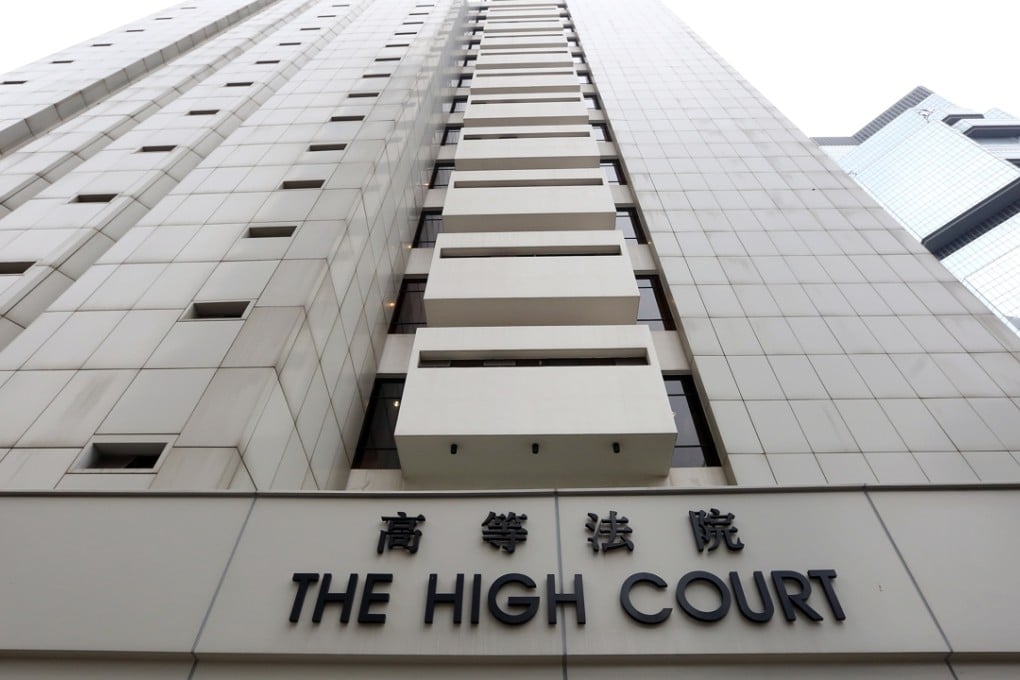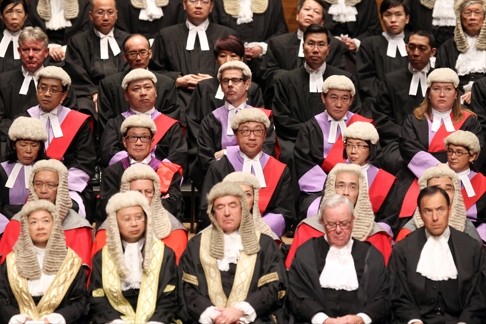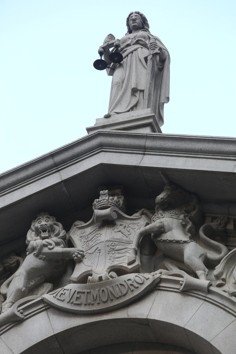Hong Kong should welcome the trend of citizen-led court watchdogs, not see the idea as an attack on judicial independence
Tony Kwok says monitoring programmes popular in the US and elsewhere, which safeguard public accountability, are effective in ensuring court proceedings and rulings are just

A “court watch” programme – set up to monitor judges to ensure they do not abuse the powers entrusted to them – may be an unknown concept in Hong Kong, and understandably be viewed with suspicion.
READ MORE: Hong Kong’s legal system ‘misused’ and ‘drowning in irrelevance’, says former top judge
Yet, they are very common around the world. A quick internet search will confirm that there are many such organisations in the US, Canada and elsewhere, and they are accepted as a legitimate and effective check and balance mechanism in a democratic society.
Court watch organisations are accepted as a legitimate and effective check and balance mechanism in a democratic society
In the US, many states and cities have set up their own court watch schemes, often for specific purposes. For example, King County, in Washington, has a programme that, through court monitoring, “hold[s] the justice system accountable for its handling of sexual assault and child abuse cases ... to create a more informed public”.
In Chicago, a watchdog group monitors the domestic violence court and publishes an annual report. In Louisiana, a programme was co-founded by the Business Council of New Orleans with a view to “observing and reporting on whether the judges, prosecutors, public defenders are doing their jobs professionally, transparently and without wasting taxpayer resources”.

Even Poland has a court watch programme, operated by a non-profit organisation aimed at “positive changes in the justice system through citizen court monitoring”. Its main activity is to recruit people to observe court proceedings, paying special attention to judges’ performance.

A proper court watch should, of course, operate within the bounds of the law, with guiding principles that hold no one above the law, and consider all judges, as public officials, to be subject to public accountability. It should also uphold freedom of expression.